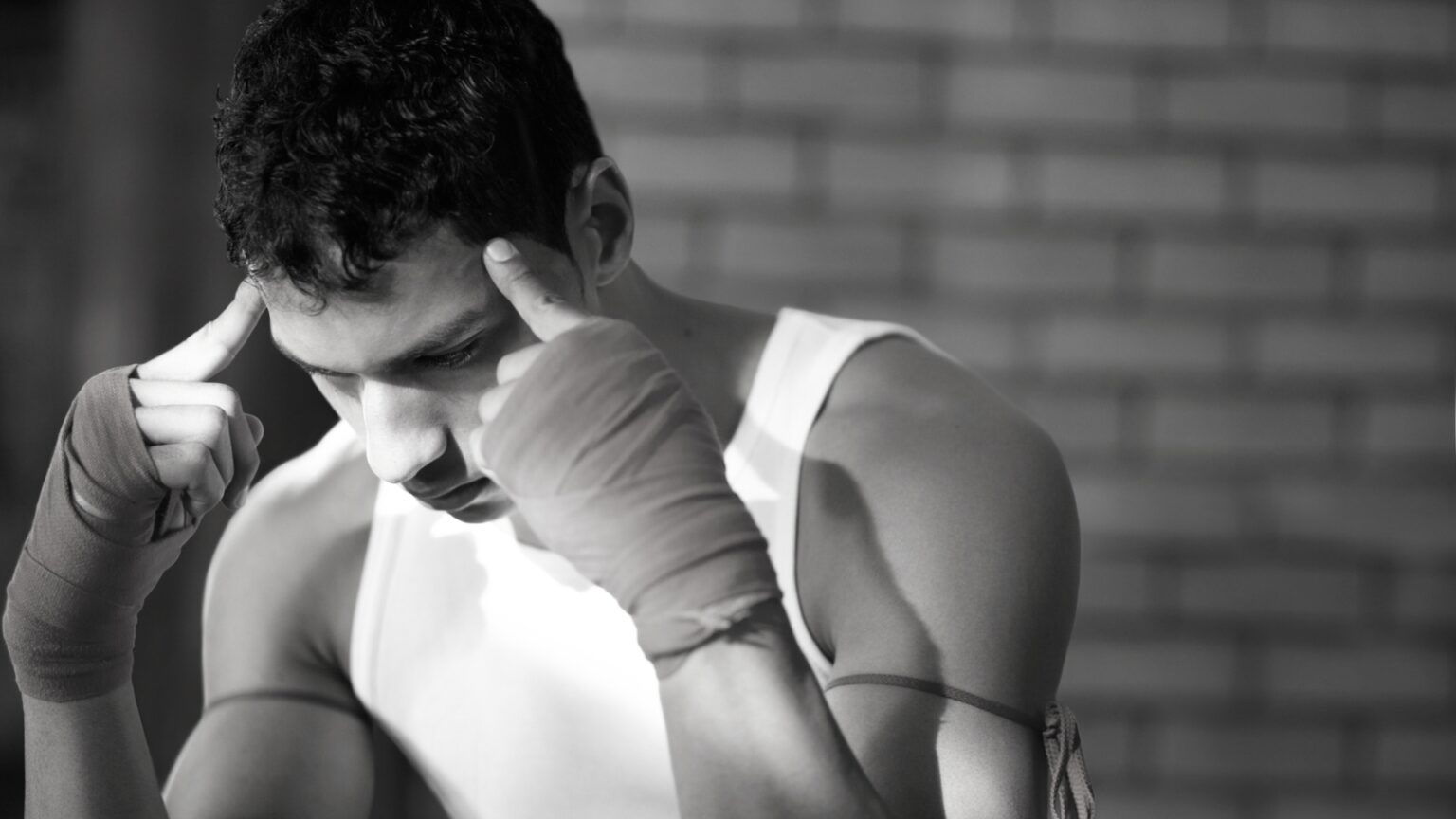
In the world of combat sports, the fight often takes place in the mind before it even happens in the ring. Mental toughness is the deciding factor between victory and defeat in combat sports. Fighters are not only physically prepared for the battle ahead but also mentally primed to face the physical and emotional challenges that come with training, losing, and winning. Mental resilience is a fighter’s most valuable tool. It empowers them to push through pain, overcome self-doubt, and maintain focus when every fiber of their being is exhausted.
Building mental strength isn’t just about being tough in the ring—it’s a mindset that carries over into everyday life. For fighters, the mental game involves not just overcoming physical obstacles but also handling the pressure, criticism, and internal struggles. This post will explore the mental strategies fighters use to stay strong, including how to overcome self-doubt, combat mental fatigue, and develop a mindset that allows them to perform at their best under pressure.

Mental toughness for fighters is an art that goes beyond physical strength. It’s about preparing the mind for the unknowns and setbacks that come with any fight. Confidence is key. A fighter must trust in their abilities, believe in their training, and visualize success. In a sport where mental barriers can be as crippling as physical ones, fighters rely on visualization techniques and mental conditioning to stay focused and calm.
A fighter must maintain confidence even when things go wrong. Fighters like Muhammad Ali often spoke about the power of self-belief. Visualizing victory is a tool many fighters use to reinforce their self-confidence and enhance their mental focus. Mental rehearsal allows fighters to see themselves overcoming obstacles and winning. The more vivid the visualization, the more confident they become.
Learning to stay calm under pressure is essential for success. Breathing techniques, such as diaphragmatic breathing, help to slow the heart rate and clear the mind. A calm fighter performs better because they are able to make decisions and execute their techniques without being clouded by anxiety or fear.

Self-doubt is a natural feeling that all fighters experience, especially before a big match. It’s the nagging voice that says, “What if I’m not good enough?” or “What if I lose?” Learning to overcome this doubt is crucial for a fighter’s mental strength.
Mental fatigue is just as debilitating as physical exhaustion. After intense training or a long fight, the mind becomes tired, which affects focus and performance. Fighters need to learn how to combat this fatigue to stay at the top of their game.
Building mental toughness isn’t something that happens overnight. It requires consistent practice, just like building physical strength. Here are a few mental conditioning tips to help improve mental stamina:
A powerful component of mental toughness is the ability to harness eustress—the positive, motivating kind of stress. Unlike distress, which drains energy, eustress helps fighters stay sharp and perform at their peak.
Eustress is the kind of stress that energizes, motivates, and enhances focus. It’s the excitement of the challenge, the adrenaline rush before stepping into the ring. Fighters learn to control this stress and use it to their advantage, knowing that it will help them rise to the occasion. By maintaining focus on the task at hand and channeling eustress positively, fighters can perform better under pressure.
Mental rehearsal is a technique where fighters mentally practice their strategies, techniques, and reactions before the actual event. This form of visualization can prepare the mind and body for the challenges of a fight. It’s proven that mental rehearsal improves performance by creating neural pathways that mimic physical actions. Fighters who visualize their success before entering the ring perform more confidently and efficiently.

Mental Strategy | Description | How it Helps Fighters |
Eustress | Positive stress that energizes and motivates. | Helps fighters stay sharp and focused, improving performance. |
Mental Rehearsal/Visualization | Mental practice of fighting strategies, techniques, and responses. | Prepares the mind and body for challenges, enhancing confidence and efficiency. |
Positive Self-Talk | Using affirmations to reinforce confidence and block out negative thoughts. | Builds mental confidence, reduces self-doubt, and strengthens focus. |
Goal Setting | Breaking down large goals into smaller, actionable steps. | Keeps fighters grounded and focused on incremental progress, boosting morale. |
Breathing Techniques | Deep, controlled breathing to calm the mind and reduce anxiety. | Lowers heart rate, helps fighters stay calm under pressure, and improves decision-making. |
Mindfulness | Being fully present in the moment, avoiding distractions. | Improves mental clarity, focus, and emotional control, especially during high-pressure moments. |
Resilience Training | Developing the ability to recover quickly from setbacks. | Helps fighters bounce back from losses or difficult training, staying motivated. |
Mental toughness is built through consistent practice. Use visualization techniques, positive affirmations, and set small, achievable goals during your training. Focus on staying present in the moment and gradually push your limits to build confidence and resilience.
Mental fatigue happens when your mind becomes overwhelmed from excessive stress or focus. Combat it by practicing deep breathing, mindfulness, and meditation. Incorporating rest days into your training and maintaining a balanced lifestyle also helps alleviate mental exhaustion.
Fighters overcome self-doubt by focusing on their strengths and setting small goals to maintain momentum. Positive self-talk and visualizing success also help boost confidence. Additionally, reflecting on past victories and training successes can help reinforce a positive mindset.
Just as physical recovery is crucial for athletes, mental recovery is equally important. Rest days, meditation, and mental exercises are essential for fighters to stay sharp and avoid burnout. Giving your mind a break ensures you remain focused and energized for the next challenge.
Visualization is a powerful tool for building mental strength. By mentally rehearsing success and imagining yourself overcoming obstacles, you can strengthen your belief in your abilities. Regular visualization not only boosts confidence but also prepares your mind.
Building a strong mindset is not just about winning fights—it’s about preparing to face whatever life throws at you. Whether you’re a fighter or someone dealing with everyday challenges, mental toughness is what will help you persevere when the odds are stacked against you. By focusing on confidence, positive self-talk, and learning to manage mental fatigue, you can develop the kind of resilience needed to thrive in any situation.
A fighter’s journey is as much mental as it is physical. Through consistent mental training, fighters can enhance their ability to face adversity, stay composed under pressure, and reach their fullest potential. The strategies shared in this post—such as visualization, goal setting, and rest and recovery—are all key tools in building mental strength.
No one becomes mentally tough overnight, but with practice and dedication, anyone can develop the mindset needed for long-term success. The key is to stay committed, stay focused, and never back down when things get tough.
coachjohanncscs.com only uses primary research and scholarly studies as references over secondary sites. Other references are primarily from reputable social media accounts of experts only in the fields of health, nutrition, sports science, physiology, psychology, and physical therapy.
Beheshti, A., Zandi, H. G., & Fathirezaie, Z. (2021). Mental toughness and performance strategies of martial artists in practice and competition. Behavioral Sciences. Retrieved from https://www.researchgate.net/publication/352428340_Mental_toughness_and_performance_strategies_of_martial_artists_in_practice_and_competition
Russo, G., & Ottoboni, G. (2019). The perceptual–cognitive skills of combat sports athletes: A systematic review. Psychology of Sport and Exercise. Retrieved from https://www.sciencedirect.com/science/article/abs/pii/S146902921830668X
Kaufmann, J. (2022). The impact of martial arts on depression, anxiety, stress, anger, well-being, self-transcendence, and self-enhancement. ProQuest Dissertations & Theses. Retrieved from https://www.proquest.com/openview/6adfe8fcb5a21441528a6686e458da80/1
Silva, V., Dias, C., & Corte-Real, N. (2018). Mental toughness attributes in judo: Perceptions of athletes. Cuadernos de Psicología del Deporte. Retrieved from https://revistas.um.es/cpd/article/view/322541
Blacker, K. J., Hamilton, J., & Pettijohn, K. A. (2019). Cognitive training for military application: A review of the literature and practical guide. Journal of Cognitive Enhancement. Retrieved from https://www.researchgate.net/publication/324857630_Cognitive_Training_for_Military_Application_a_Review_of_the_Literature_and_Practical_Guide